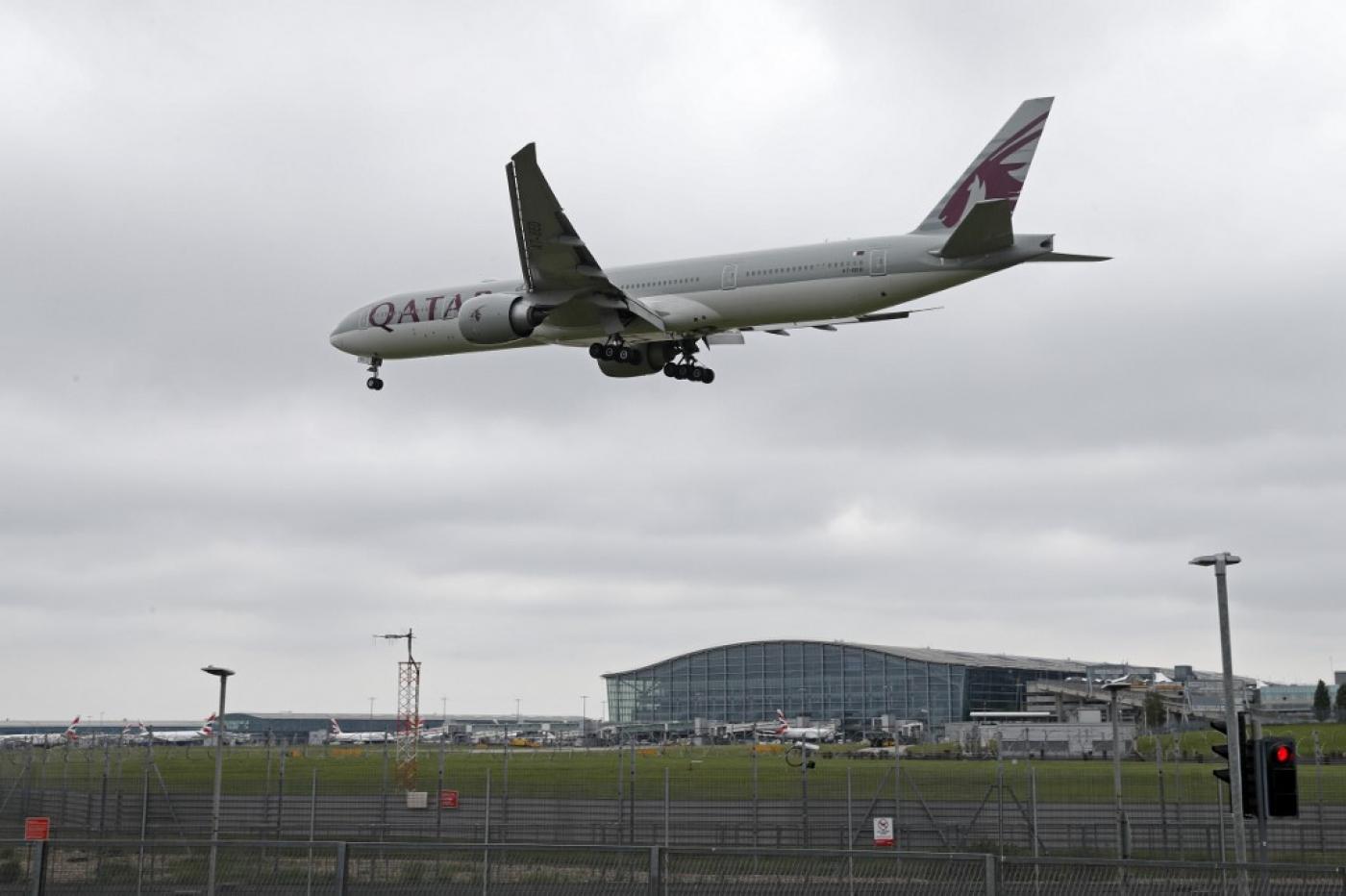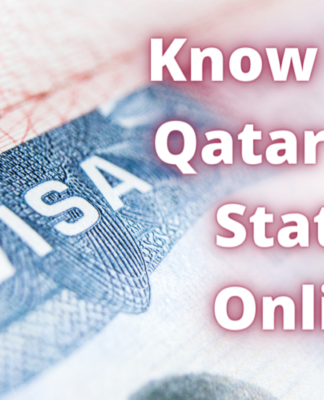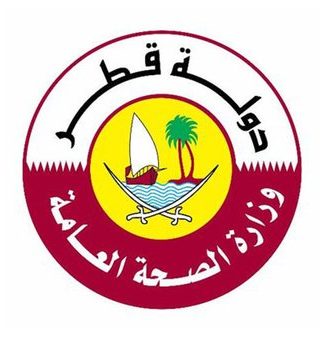
The United States is trying to resolve a three-year diplomatic feud among Gulf countries by pushing Saudi Arabia and the United Arab Emirates to lift a ban on Qatari airlines using their airspace, according to a report by the Wall Street Journal.
President Donald Trump has applied pressure on the Saudi leadership to end the restrictions, which have resulted in Qatari aircraft using Iranian airspace as their only corridor out of the region, officials told the Wall Street Journal.
These flights and the “overfly fees” paid to Tehran have been an issue of concern for the Trump administration, the Journal reported.
“There is a greater sense of urgency to resolve the airspace issue,” one US official said. “It’s an ongoing irritation for us that money goes into Iran’s coffers due to Qatar Airways overflights.”
Trump held calls with Saudi King Salman and Crown Prince Mohammed bin Salman earlier this spring, the US officials were cited as saying.
The feud between Qatar and its neighbors dates back to 2017, when Bahrain, Egypt, Saudi Arabia, and the UAE severed ties with Doha, accusing it of “supporting terrorism”. Qatar has repeatedly denied the claims.
Since then, the four countries have continued to impose a land, air, and sea blockade against Qatar.
‘Saudi’s only leverage’
Washington is also concerned that many members of its military take commercial flights to and from Qatar, which hosts the largest US military base in the Middle East, the Al Udeid Air Base.
Tensions have escalated between Washington and Tehran since Trump walked away from a 2015 nuclear agreement, in which Iran had agreed to abandon its ambitions for a nuclear weapon in exchange for international sanctions relief.
Since then, the Trump administration has reimposed harsh sanctions, as well as new ones, as a part of a “maximum pressure” campaign that aims to bring “Iran to its knees”.
The hostility came to a boiling point at the beginning of this year after the US assassinated top Iranian General Qassem Soleimani.
WSJ reported that the US first appealed for the end to the airspace ban following the 3 January slaying of the Iranian general.
Earlier this year, signs pointed to a thaw in relations between Saudi Arabia and Qatar, then in February, Qatar’s foreign minister said efforts to resolve the crisis were unsuccessful.
Riyadh sees the airspace ban as their strongest bargaining chip, and is unwilling to give it up, a person with knowledge of the issue told the Journal.
“Qatar only wants one thing: open sky, to be able to fly over,” said the person. “But if the Saudis give up flyover, there is nothing else Qatar wants. It is the Saudis’ only leverage.”
Qatar has brought the issue to the United Nations with cases that could potentially force the blockading countries to pay large fines, but hinted that it would drop them if the issue were to be resolved.
































